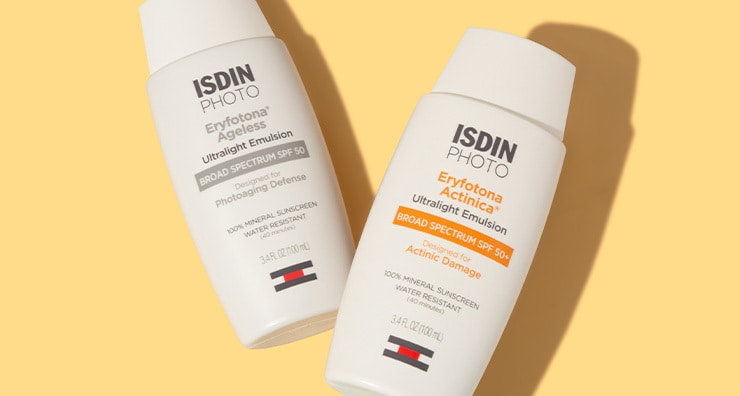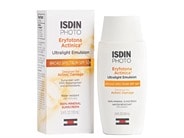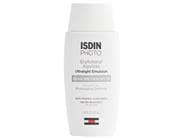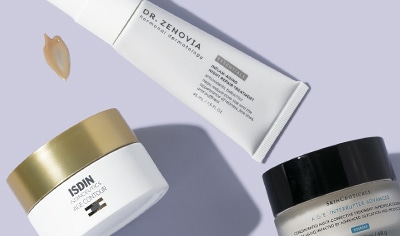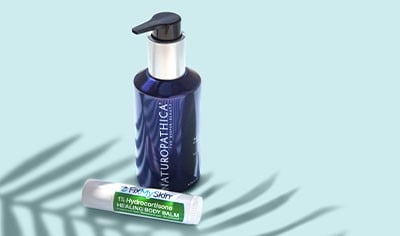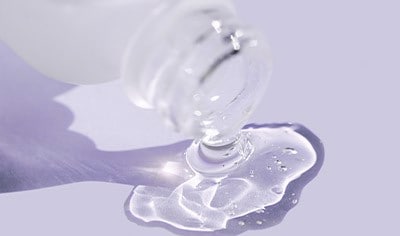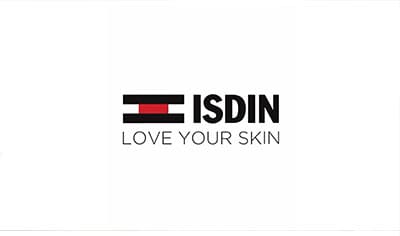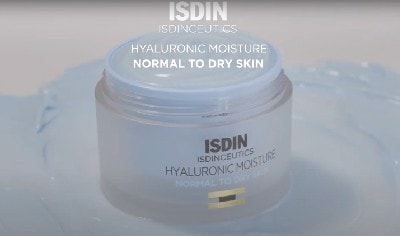Sun Care
How to choose the right sunscreen with ISDIN
by Amy Ingraham|July 01, 2024
The experts from ISDIN are here to share their latest sun care advice.
With so many different options available, how do you know which sunscreen is right for you? The key to choosing the best facial sunscreen lies in understanding the differences between top formulas and how they cater to various skin types, needs and lifestyles. Follow along as we share the key questions to ask yourself to help choose the right sunscreen:
First things first: Do you really need to wear sunscreen every day? The answer is always yes! Sun damage isn’t just a summer concern. Harmful solar radiation can penetrate clouds and reflect off surfaces like snow, meaning sun protection is a year-round necessity. UVA rays, which are primarily responsible for visible skin aging, can even pass through windows. This means you can be exposed while indoors, driving or working at the office.
Consistent sunscreen use helps protect against sunburns, premature aging and skin cancer. Even if you don’t burn easily, it’s still crucial, but one of the most common complaints about sunscreen is a sticky or greasy feeling. What’s the answer? An ultralight, fast-absorbing formula with an invisible (or tinted) finish that you love. If you enjoy how your sunscreen looks and feels on your skin, you’re more likely to wear it daily. That’s why this is the most important question to ask yourself first.
Sunscreens with broad spectrum protection shield against both UVA and UVB rays. Remember how we mentioned that UVA rays can penetrate glass windows? These ever-present “aging” rays can contribute to the appearance of dark spots and wrinkles, and more importantly, also play a role in skin cancer. UVB rays (the “burning” rays) are the primary cause of sunburn and can also lead to skin cancer.
Broad-spectrum sunscreens protect against both types of UV rays, making them the only type recommended by the American Academy of Dermatology. When looking for sunscreen, make sure to choose one with “broad spectrum” on the label. Is it SPF 30 or above?
SPF, or Sun Protection Factor, measures how well a sunscreen protects your skin from UVB rays. The numbers following SPF, such as 30 or 50, indicate how long the sunscreen will protect your skin from burning when used correctly. A higher SPF offers more extended protection, but reapplication is still crucial. Dermatologists and experts typically recommend using an SPF of 30 or above.
Water-resistant sunscreens maintain their protection while swimming or sweating, usually for forty to eighty minutes. However, it’s still essential to reapply water-resistant sunscreen regularly, especially after swimming or heavy sweating, to ensure continuous protection.
Whatever your activity daily level, the AAD currently recommends that everyone use a water-resistant sunscreen.
No matter the formula, sunscreen should be reapplied at least every two hours. If you don’t wear makeup, reach for fast-absorbing formulas with an invisible finish. For those who prefer a multitasking product, tinted sunscreens offer sun protection while evening out skin tone and offering natural coverage. Plus, they can be easily reapplied over makeup throughout the day.
Sunscreen recommendations from ISDIN
If you’re looking for an invisible finish: ISDIN Eryfotona Actinica Mineral SPF 50+ Sunscreen repairs and prevents sun damage. This fast-absorbing, ultra-light mineral facial sunscreen provides broad-spectrum protection with an innovative formula featuring DNA Repairsomes®. These naturally occurring enzymes are clinically proven to help repair existing sun damage for fully protected, even-toned skin.
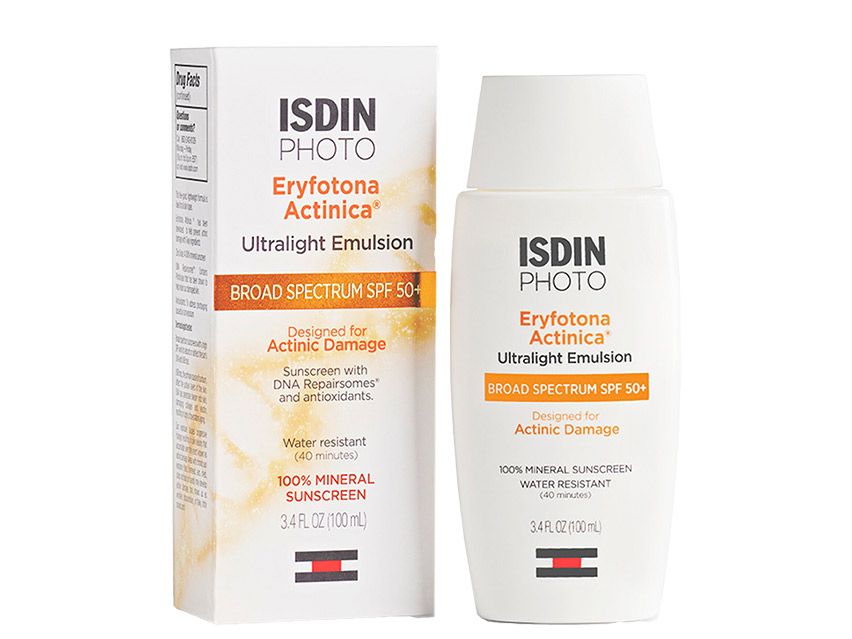
If you’re looking for a tinted finish: ISDIN Eryfotona Ageless Tinted Mineral SPF 50 Sunscreen defends skin against sun damage while addressing fine lines and wrinkles. This face sunscreen also contains peptides to address loss of firmness and elasticity. It also features DNA Repairsomes® to help visibly repair sun damage.
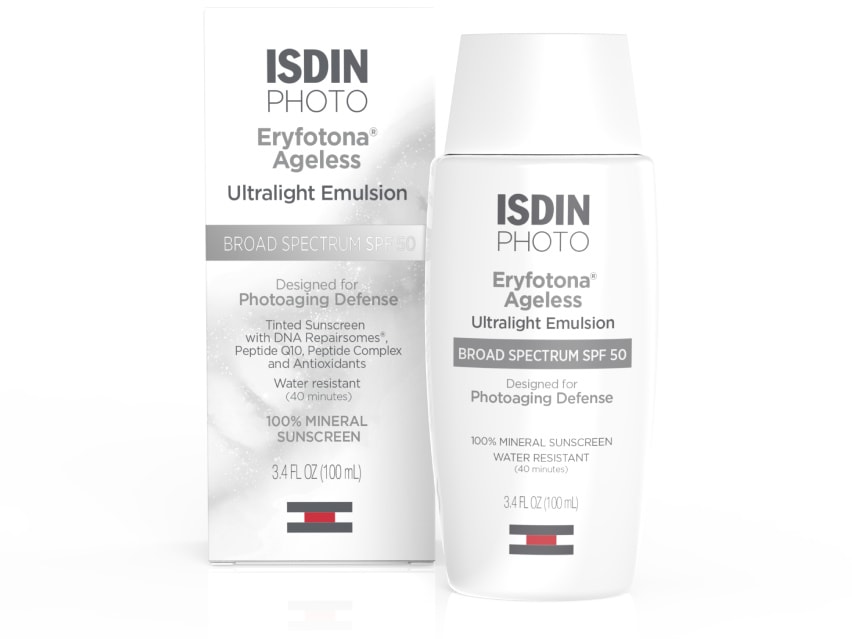
Protect your skin on all of your daily adventures
Before heading out (or staying in) for the day, ensure your sunscreen is SPF 30 or higher, broad-spectrum and water-resistant. Apply it correctly, store it properly and combine it with other measures like wearing a hat and using protective clothing. Understanding the differences between tinted and invisible finish sunscreens can help you can make the right choice for your lifestyle and skin goals. After all, the best sunscreen is one that you want to wear every day.
Looking for more skin care tips? You can learn more about how to get your skin summer-ready on the LovelySkin Blog.


